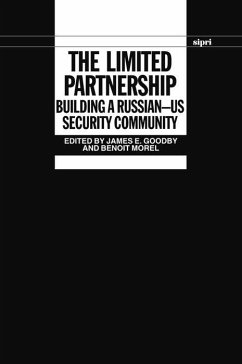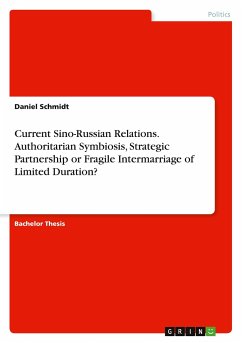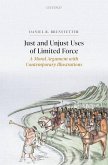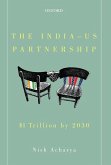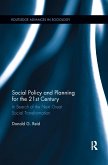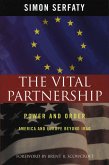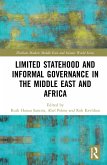Russia is the successor to the Soviet Union as a permanent member of the United Nations Security Council. It inherited the nuclear superpower status of the defunct Soviet state, much of its military establishment and most of its territory. The future of democracy, and of Russia, is at stake in the events unfolding across Eurasia. Most Western governments recognize that the present embattled transition to democracy and a market economy justifies Western economic help. It should be equally clear that US-Russian security relations must be put on a more stable and forward-looking basis. Co-operation in defence affairs could promote civilian control of Russia's military forces, a requisite part of the transition not only to a security community but also to democracy. Although conditions in Russia remain fluid and the ultimate destination of its transformation uncertain, now is the time to consider how a Russian-US security community could be constructed. This book discusses the elements of a Russian-US security community. Practical - and difficult - problems stand in the way. The book describes the political traumas in Russia that accompanied revolutionary change and which still shadow future prospects. Interaction between the weapon technologies and military forces of Russia and the USA is an inescapable part of the geopolitical landscape. This is examined against a backdrop of how the military forces of the two countries may evolve in the next decade. The metastable condition of Russian-US relations, mathematically model led in a chapter, underscores the need to rethink the basic nature of those relations so crucial to world peace. The book speculates on the new Russian-US securitycommunity in terms of transparency in military operations, doctrines, and strategies, closer co-ordination of defence planning, joint military exercises and extensive military-to-military contacts. It uses recent history for a prudent assessment of the limitations still attached to such activity.
Hinweis: Dieser Artikel kann nur an eine deutsche Lieferadresse ausgeliefert werden.
Hinweis: Dieser Artikel kann nur an eine deutsche Lieferadresse ausgeliefert werden.

